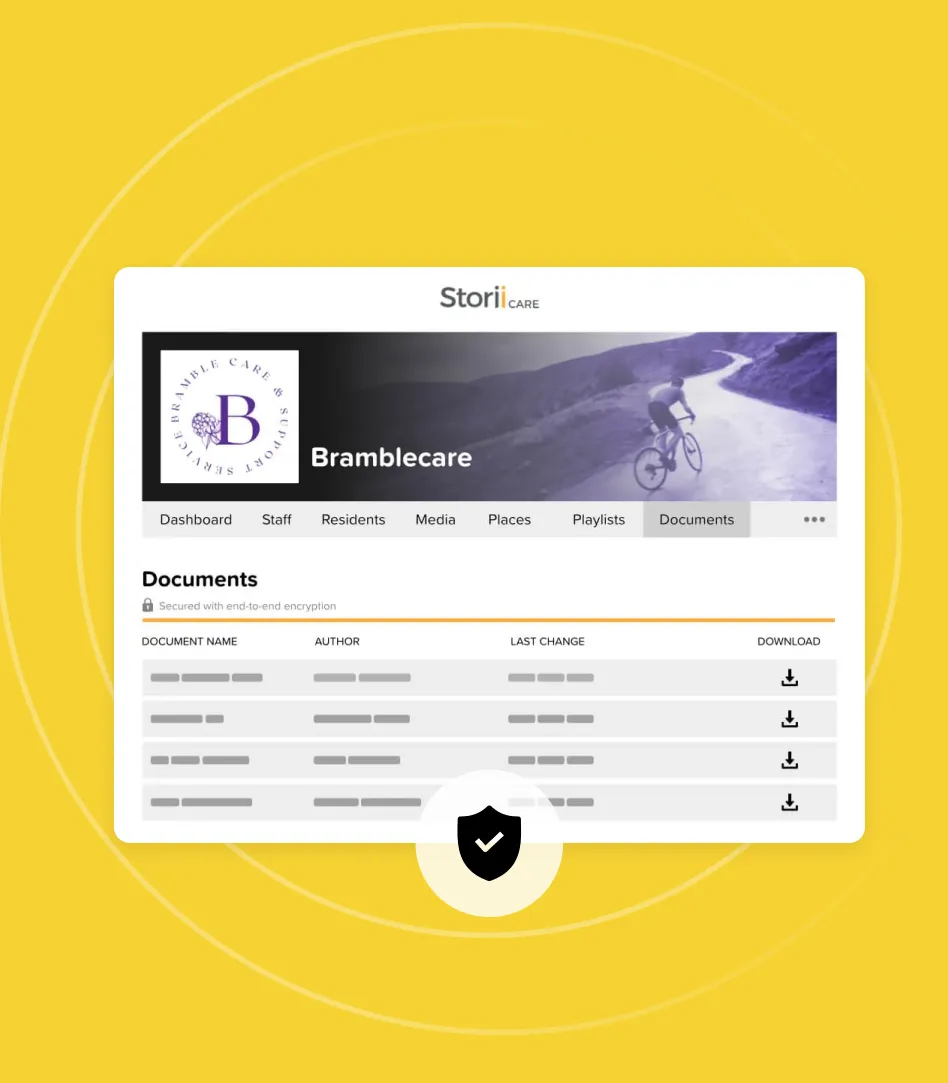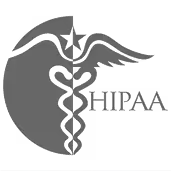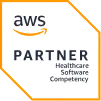As the digital revolution continues to shake up every aspect of life, it’s inevitable that the way we receive health care will change as well. Patient-centered care allows you to tailor your routine and treatment to fit your needs, wants, and preferences; but when it comes to electronic health records (EHRs), more data means better results, even outside of your own doctor’s office. By using digital technology in personalized healthcare, you can monitor symptoms, make appointments, and control medical devices all through your mobile device or computer—without ever having to talk to an agent or leave the comfort of your home.
How technology can help
When it comes to health care, there's no one-size-fits-all solution. That's where digital care management comes in. By using electronic care plans and personalized reminders, digital care management can help you tailor your care to each individual patient. And that's not all: digital care management can also help you keep track of appointments, medications, and test results. So if you're looking for a way to streamline your health care, consider digital care management.
How technology brings people together
Electronic care has revolutionized how health care providers and patients interact. By allowing for more communication and collaboration, digital technology has made it possible for people to take a more active role in their own health care. In addition, electronic care has made it easier for providers to connect with specialists and other members of the care team. This has resulted in better coordination of care and improved outcomes for patients.
Personal health records
Maintaining a personal health record (PHR) can be a helpful way to track your health information and share it with your health care team. A PHR is a secure, online tool that allows you to store and manage your health information in one place. You can use a PHR to track your medications, allergies, immunizations, test results, and more. Plus, a PHR can help you keep track of your family's health history.
Cloud storage
Personalized health care is the wave of the future, and digital technology is making it possible. With cloud storage, patients' medical records are readily available to their care providers, no matter where they are. This allows for more coordinated and efficient care. Plus, it gives patients more control over their own health care.
Electronic medical records
The widespread adoption of electronic medical records (EMRs) has the potential to transform the delivery of health care. EMRs can help reduce costs, improve quality and safety, and increase efficiency. But in order for this to happen, providers need to be able to share data seamlessly and securely. That's where digital technology comes in. To date, most efforts have focused on developing a standard framework that all stakeholders would use to agree on what information should be included in an EMR. As more people participate, we will learn which data elements are most important for various purposes, such as improving patient safety or reducing healthcare costs.


.avif)

.png)
.png)
.png)










